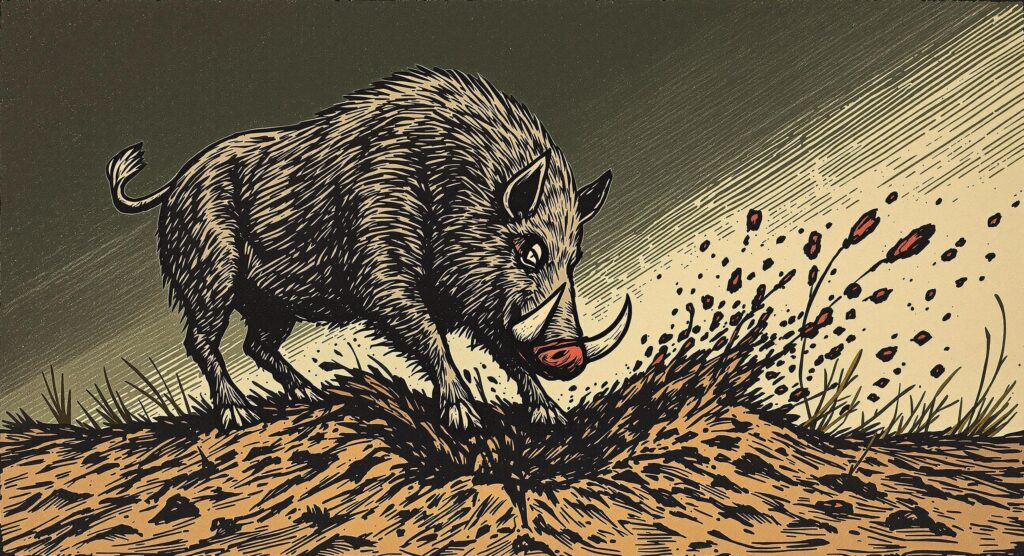In this chapter, Zarathustra, delivers a critical discourse on the concept of virtue as understood by those he refers to as the virtuous.
Zarathustra begins by contrasting the profound, subtle nature of true beauty with the loud displays needed to awaken the dull senses of the masses. He observes that beauty speaks softly and reaches only the most awakened souls. This sets the stage for his critique of the so-called virtuous individuals who seek compensation for their goodness. They desire rewards for their virtues—be it earthly recognition, heavenly recompense, or eternal life—in exchange for their actions.

But like the snout of the boar, my word shall tear open the ground of your souls;
He expresses dismay that notions of reward and punishment have been falsely embedded into the very essence of existence and, by extension, into the souls of the virtuous. Zarathustra likens his words to the snout of a boar, aiming to uproot the foundations of their souls and expose their concealed truths. His goal is to separate their lies from their truths, much like a plow turns over soil to reveal what lies beneath.
Throughout this monologue, Zarathustra addresses various archetypes among the virtuous. He speaks of those who practice virtue as a form of compulsion, akin to a spasm under the lash, suggesting their virtue is driven by fear rather than genuine goodness. He mentions individuals who view virtue as the stagnation of their vices; their sense of justice awakens only when their negative emotions like hatred and envy are dormant. Some are depicted as being drawn downward by their inner demons, yet paradoxically, their longing for God intensifies as they sink deeper. Others use virtue as a means to assert superiority, elevating themselves by demeaning others. The complacent equate virtue with passivity and conformity, avoiding conflict and adopting opinions handed to them. There are also those who perform acts of virtue as mere gestures without heartfelt understanding, treating virtue as a series of external behaviors rather than inner convictions. Additionally, some advocate for virtue out of a belief in the necessity of law and order, equating virtue with the maintenance of societal structures like the police.
Zarathustra emphasizes that for true virtue to exist, it must emanate from within—the self must be present in the action, just as a mother is in her child. He challenges the virtuous to move beyond outdated concepts of reward, punishment, and selflessness. Instead, he encourages them to embrace virtue as an authentic expression of their own selves.

They were playing by the sea – then came the wave and swept their plaything into the depths: now they cry. But the same wave shall bring them new playthings and shower new colourful seashells before them!
The chapter culminates with Zarathustra acknowledging that he has taken away the familiar concepts and language to which the virtuous cling. He compares them to children playing by the sea who weep when the waves sweep away their toys, only to be consoled when the same waves bring new, more colorful shells to the shore. Similarly, he suggests that the loss of old notions will make way for new understandings and comforts.
